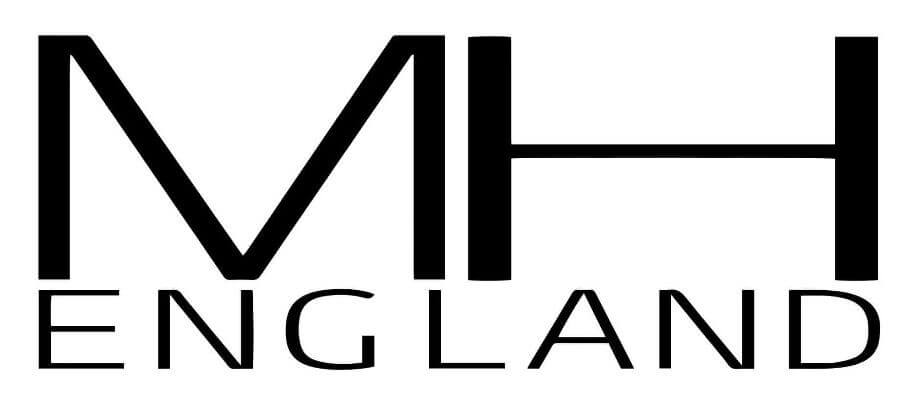Sustainable fashion is a growing trend that emphasises eco-friendly practices in producing and consuming clothing. One area where this movement is gaining traction is in hat-making. Our latest blog post explores how sustainable practices can transform this industry.



The Importance of Sustainable Fashion
Sustainable fashion focuses on minimising the environmental impact of clothing production. It involves using eco-friendly materials, reducing waste, and ensuring fair labour practices. This approach benefits the planet and promotes healthier, safer working conditions.
Environmental Impact
Traditional fashion practices can have significant environmental impacts, including water pollution, excessive waste, and carbon emissions. The hat-making industry can help reduce these adverse effects by adopting sustainable practices.
Consumer Demand
Consumers are increasingly aware of the environmental and social implications of their purchases. This awareness drives demand for sustainable fashion, encouraging more brands to adopt eco-friendly practices.
Sustainable Materials in Hat-Making
Using sustainable materials is a crucial aspect of eco-friendly hat-making. Here are some popular sustainable materials used in the industry:
Organic Cotton
Organic cotton is grown without synthetic pesticides or fertilisers, making it a more environmentally friendly option. Hats made from organic cotton are biodegradable and have a lower environmental footprint.
Recycled Materials
Recycled materials like recycled polyester and nylon are gaining popularity in hat-making. These materials help reduce waste by repurposing discarded products.
Natural Fibres
Natural fibres like hemp, bamboo, and wool are sustainable alternatives to synthetic materials. They are biodegradable, require fewer resources to produce, and often have a longer lifespan.
Ethical Production Practices
Sustainability in hat-making extends beyond materials to include ethical production practices. These practices ensure fair wages, safe working conditions, and respect for workers’ rights.
Fair Trade Certification
Fairtrade certification guarantees that workers are paid fairly and work in safe conditions. Brands with fair trade-certified hats support ethical labour practices and contribute to community development.
Local Production
Producing hats locally can reduce carbon emissions associated with transportation. It also supports local economies and ensures greater transparency in the production process.
Innovative Techniques in Sustainable Hat-Making
Innovation plays a crucial role in advancing sustainable hat-making. Here are some innovative techniques being used:
Zero-Waste Design
Zero-waste design aims to eliminate fabric waste during the production process. By using every piece of material, hat-makers can reduce their environmental impact.
Eco-Friendly Dyes
Traditional dyeing processes can be harmful to the environment. Eco-friendly dyes, made from natural sources, reduce water pollution and are safer for workers.
Upcycling
Upcycling involves transforming old or discarded materials into new products. Hat-makers can create unique designs by upcycling materials, reducing waste, and promoting creativity.
The rise of sustainable fashion in hat-making reflects a broader shift towards more responsible and eco-friendly practices in the fashion industry. By using sustainable materials, ensuring ethical production, and embracing innovative techniques, hat-makers can contribute to a healthier planet and a more equitable society. As consumers continue to prioritise sustainability, the future of hat-making looks promising and green.
